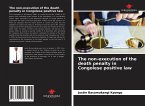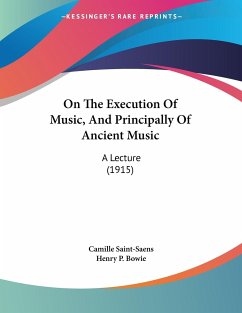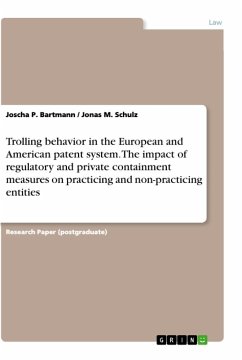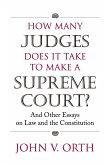In its modern form, the state is made up of three powers: the legislative, executive and judicial branches. By virtue of the principle of their separation, each power is exercised without the interference of the other. The judicial power is in charge of justice. Curiously, one observes, just about everywhere in the world, a real stranglehold of the executive power on justice: the study of the rules of procedural law carried out in the particular case of Cameroon is a remarkable illustration. When one wants justice to be rendered, it is better to address the authorities of the executive power, and not those who formally claim to hold the judicial power. The independence of the judge, taught in the theoretical training of students in law schools, is far from being a reality.








